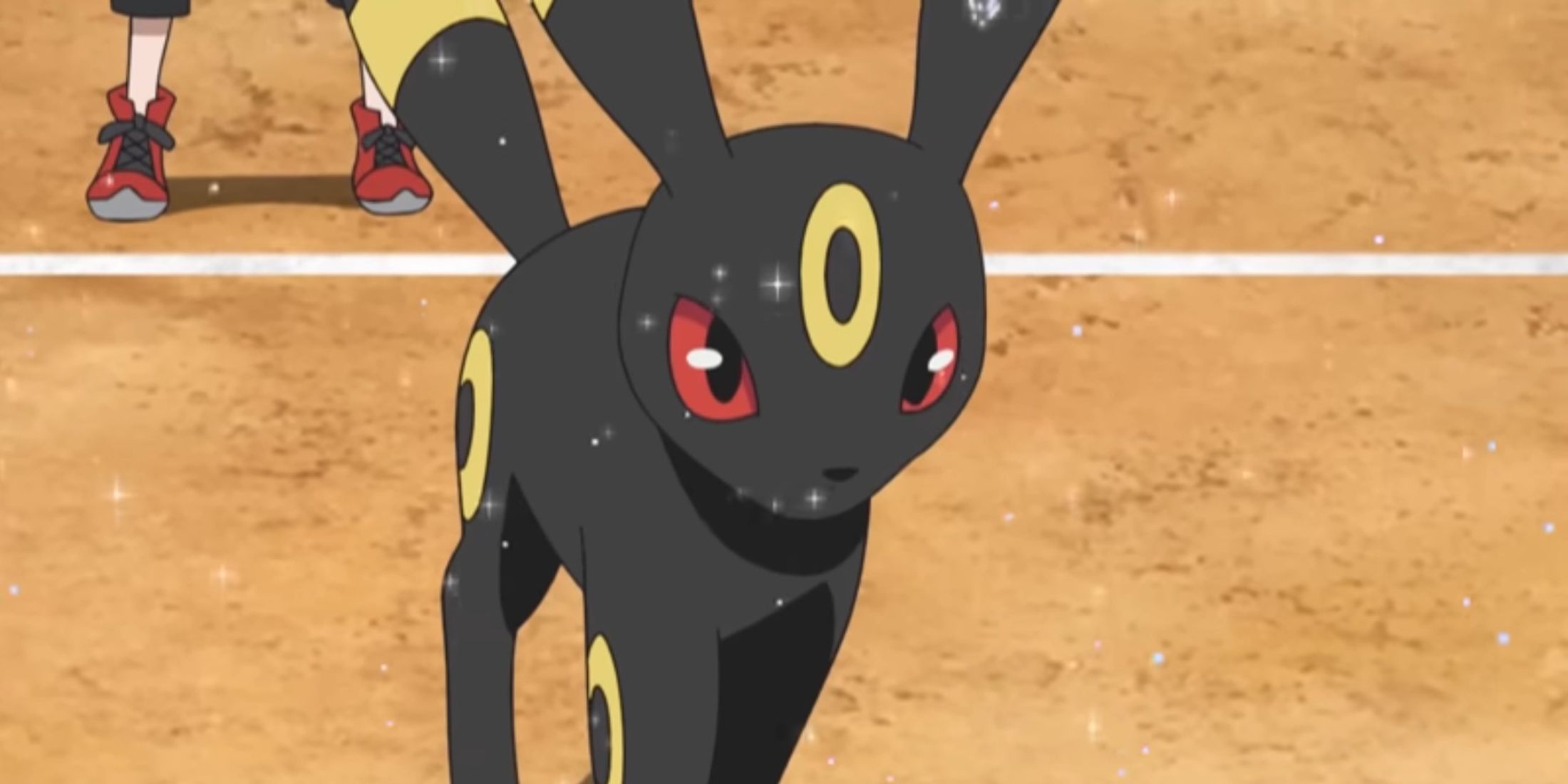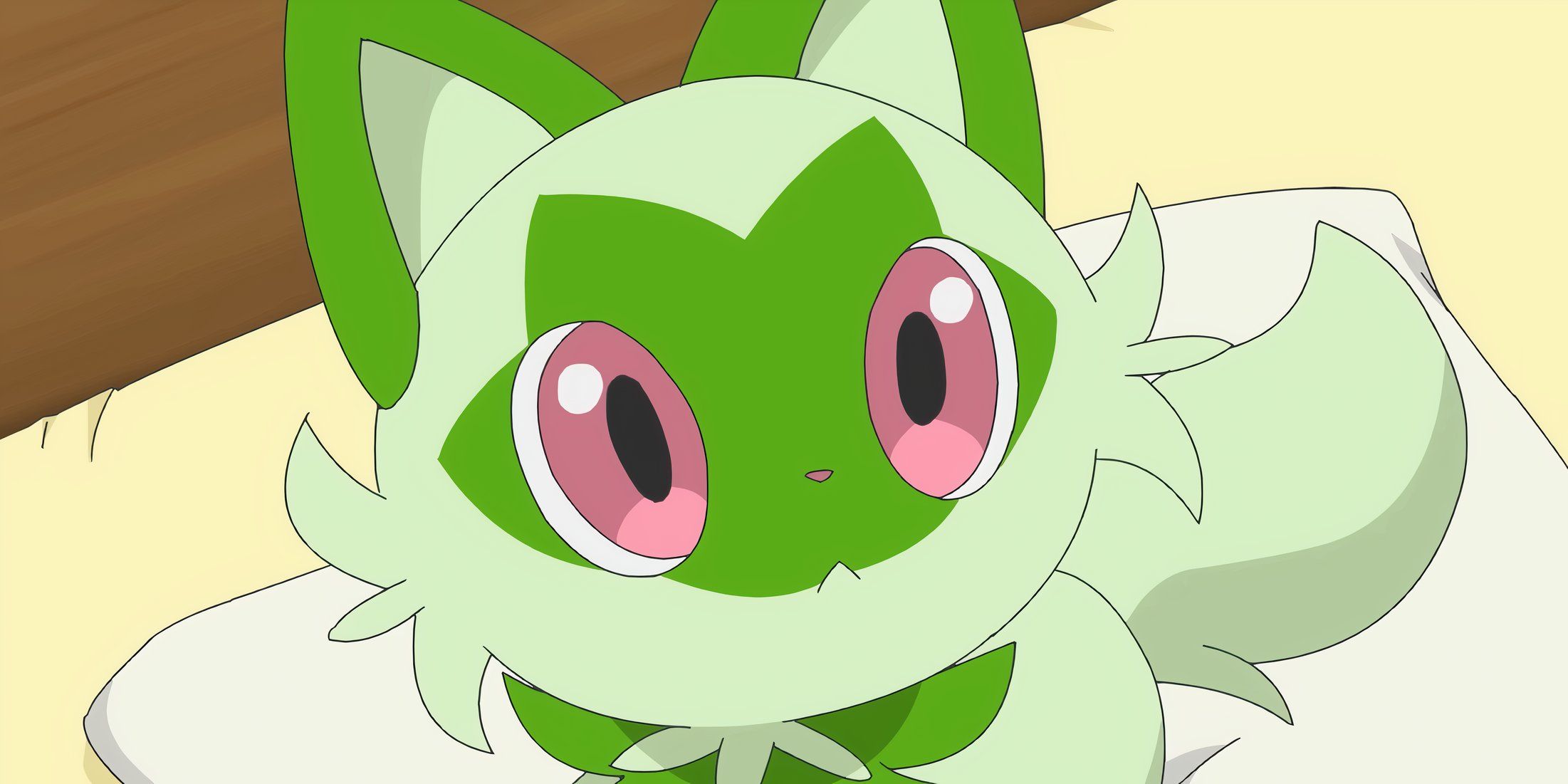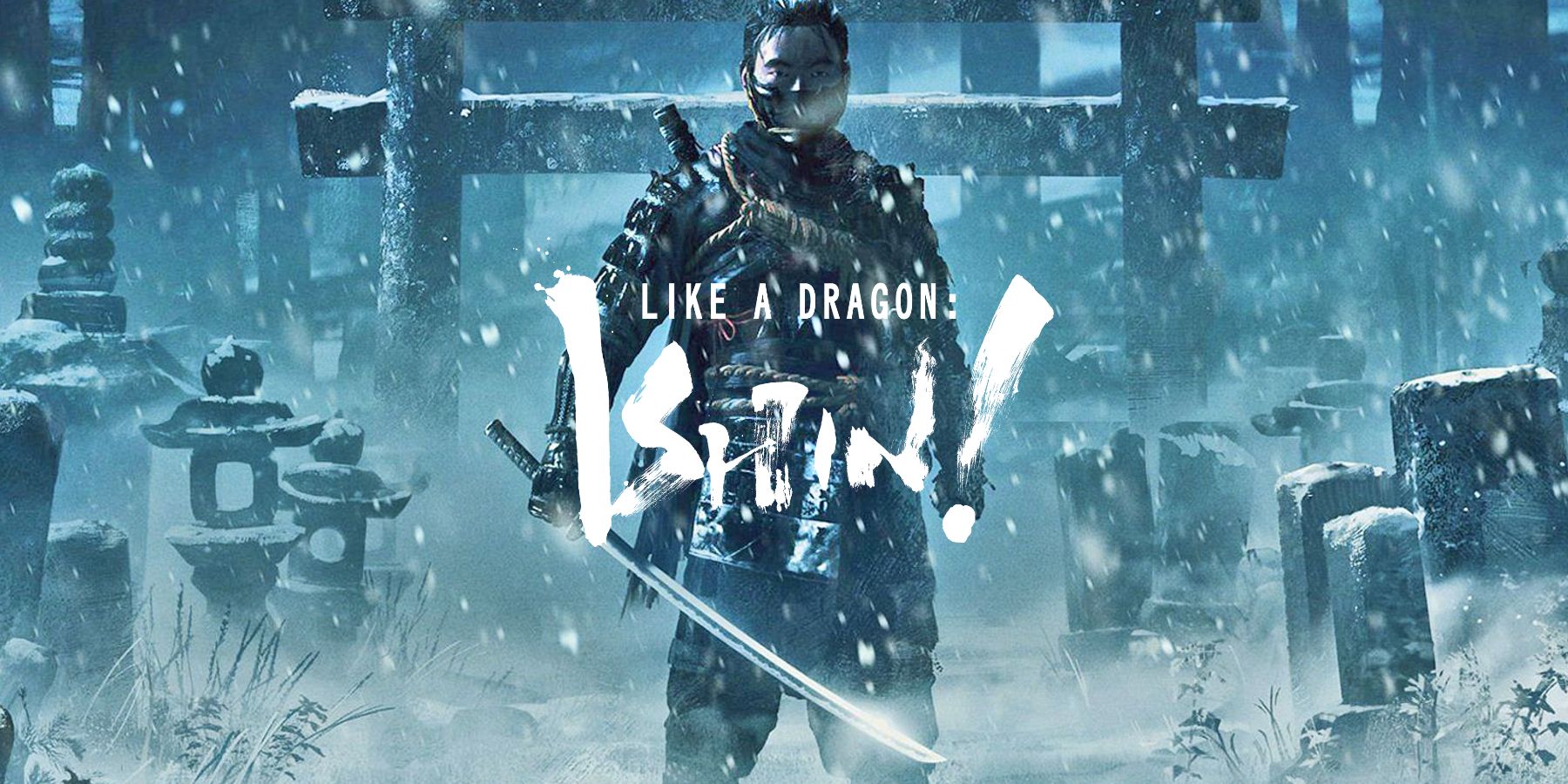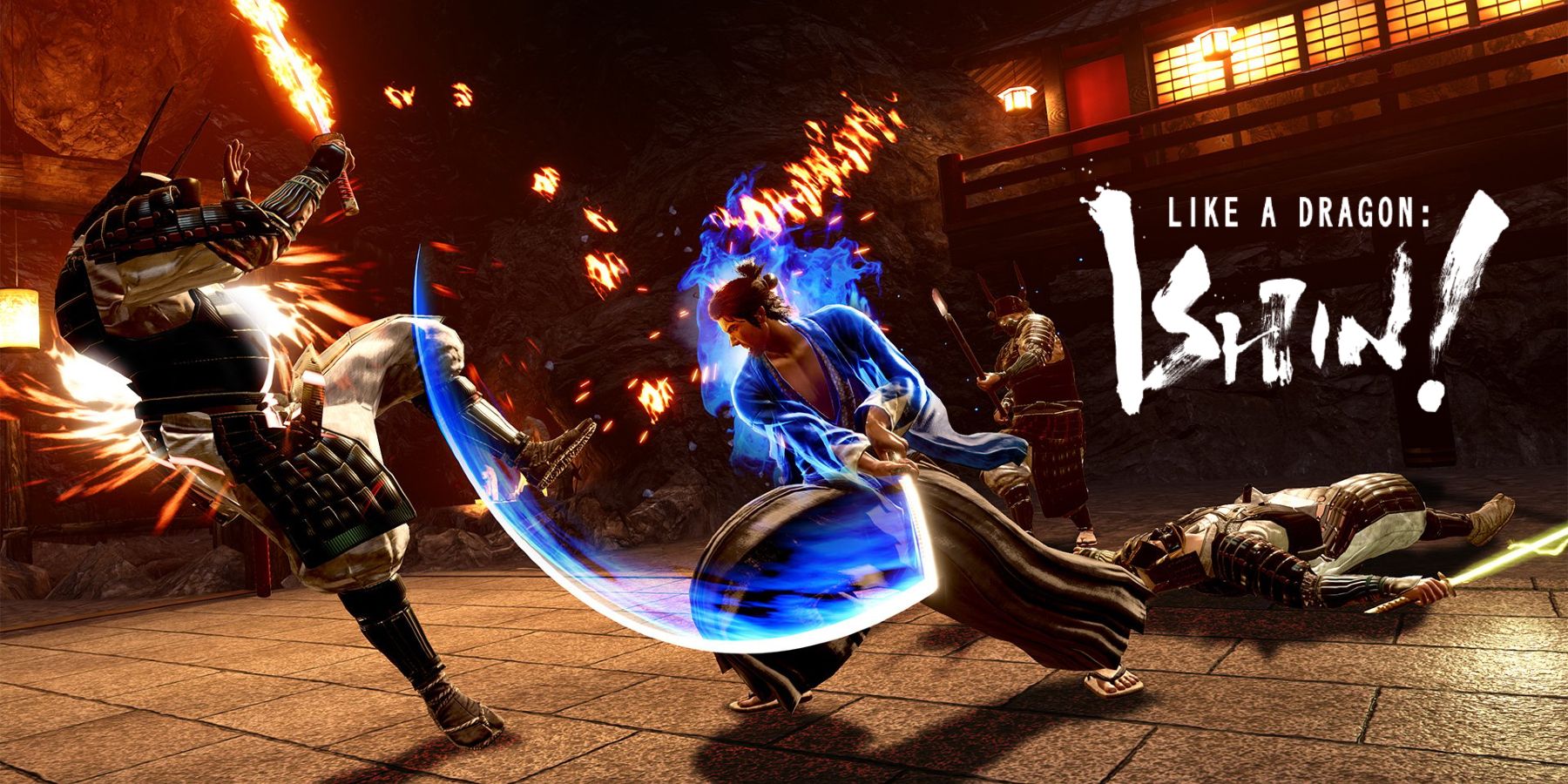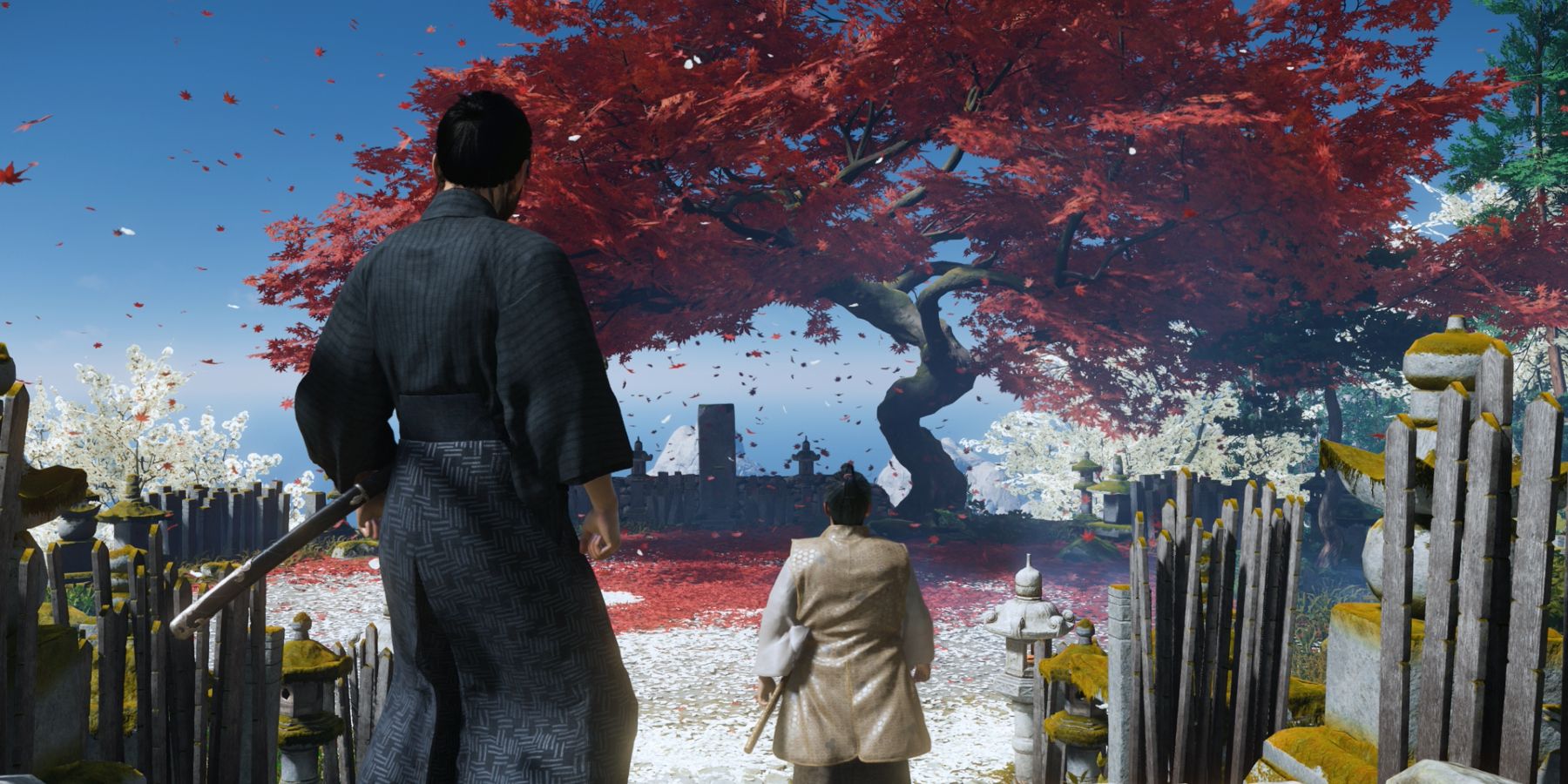Like a Dragon: Ishin has proven to be a hit with fans, with the remaster taking the game's narrative to wider audiences after almost a decade since its initial release. Although the voices and faces of the involved characters may be familiar, the title brings the franchise to an ambitious historic setting, albeit one that is largely anchored upon real-life figures and events.
Given the success of Like a Dragon: Ishin as well as the recent narrative direction that the mainline franchise titles have taken, it is clear that series developer Ryu Ga Gotoku is wanting to broaden the horizons of the IP's offered gameplay in quite a significant way. With this in mind, there is no reason that future Yakuza spin-offs cannot fully embrace a more fantastical setting, blending the likes of historic Japanese mythology with a driven narrative akin to parts of the well-received PlayStation title Ghost of Tsushima.
The Themes of Ishin and Yakuza: Like a Dragon
Like a Dragon: Ishin is set in the late 1800s in Japan, telling a fairly factual account of the real-life geopolitical struggle between the Shinsengumi and the growing unrest from Japanese citizens loyal to the Emperor. With many real-world historic figures being depicted in Like a Dragon: Ishin, the story is limited to being firmly grounded in reality.
Of course, this is the case with most Yakuza titles, which often tell the tale of eccentric yet fairly plausible events within the criminal underworld of Japan, although recent franchise installments have pushed against this in quite a significant way. For example, the most recent mainline addition to the IP is 2018's Yakuza: Like a Dragon, which shifted the franchise's core gameplay to turn-based JRPG combat. While still telling a realistic story, the core combat of Yakuza: Like a Dragon significantly embraced fantastical and mythological elements, with everyday enemies being transformed into weird and wonderful beings during fights.
Even boss battles in Yakuza: Like a Dragon were steeped in overt metaphorical iconography, which could flourish even further should a Yakuza title be given complete fantastical or mythological freedom within its narrative. A more historic setting such as Ishin would be the perfect context to fully explore these themes, and future Yakuza titles could smartly blend the two to make this experience akin to the likes of Ghost of Tsushima's Legends mode.
Ghost of Tsushima and a Future Like a Dragon Title
Ghost of Tsushima was released in 2020 to great amounts of success, telling an impactful and immersive Samurai tale that, akin to Like a Dragon: Ishin, is for the most part firmly grounded in reality. However, the Legends mode of Ghost of Tsushima offers a co-operative experience that sees players fight some of the most legendary and imposing figures within Japanese mythology. This kind of experience would be perfect for a future Like a Dragon spin-off, with the series already being unafraid of showcasing its protagonists as besting the likes of tigers and bulldozers in combat.
The series' power fantasy could be pushed to its absolute limit in a more fantastical setting. Long-time protagonist Kazuma Kiryu being able to fight against the same dragon that is so famously tattooed on his back would be just one example of what gameplay this kind of title could entail. While the franchise has already dipped its toes in more fantastical elements, it is clear that a dedicated fantasy setting would be the perfect opportunity to create some deeply fascinating and ambitious narratives for the Like a Dragon franchise that could tackle Japanese mythology in a truly comprehensive manner.
Like a Dragon: Ishin is available now for PC, PS4, PS5, Xbox One, and Xbox Series X/S.


